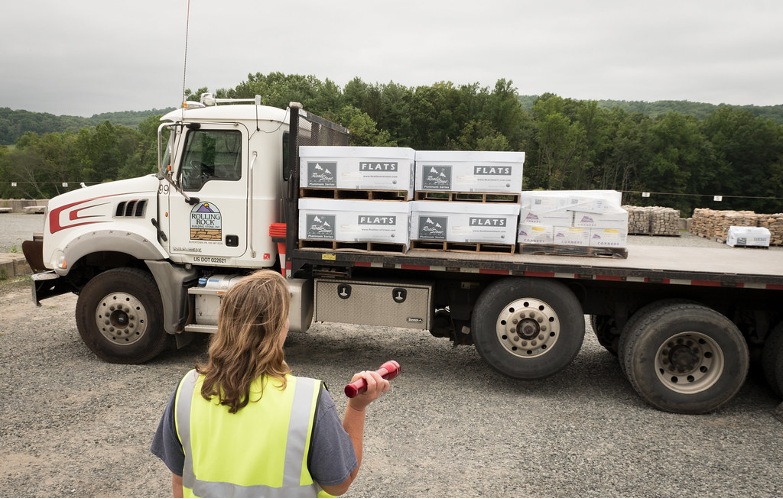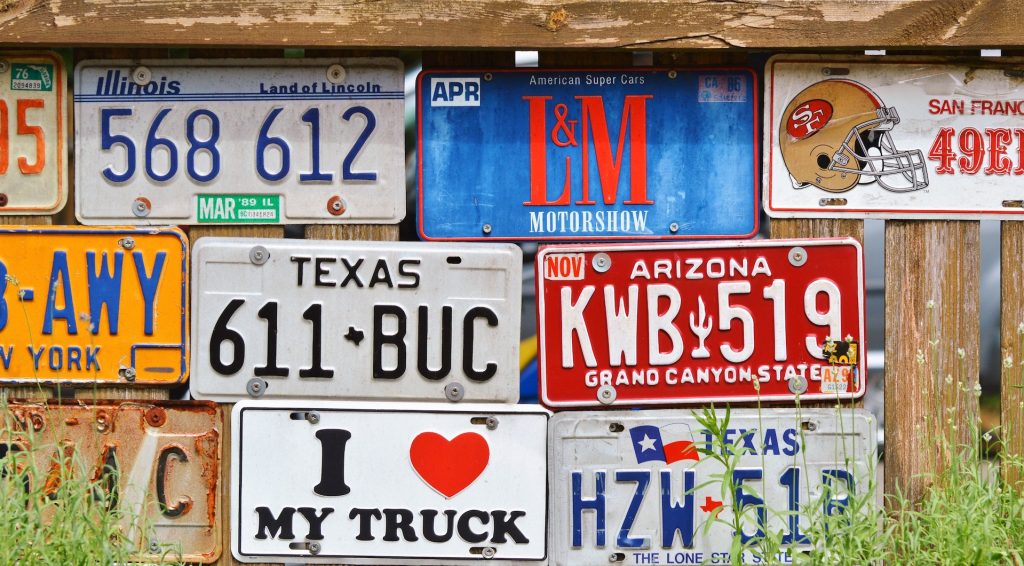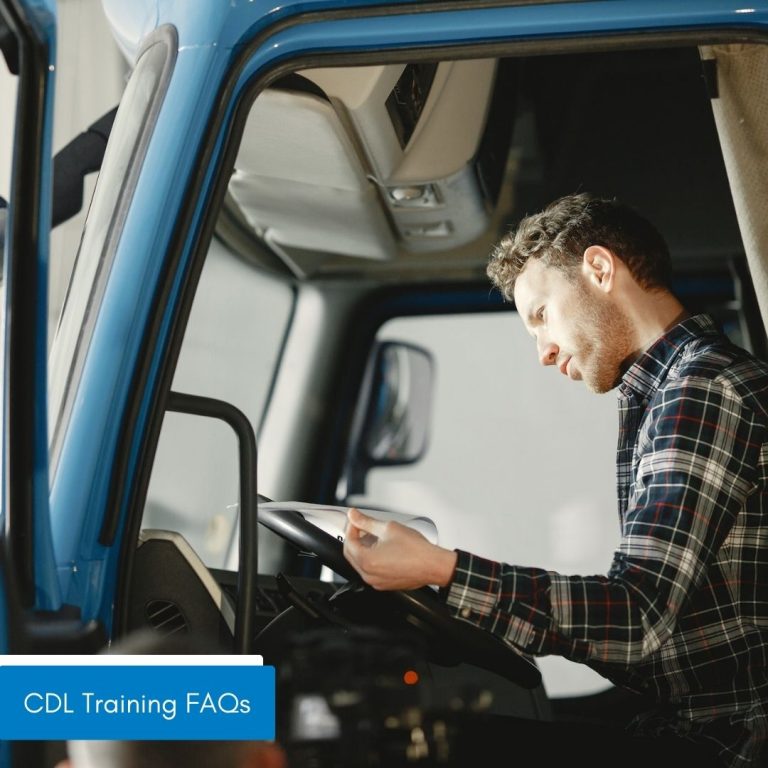
The trucking industry is worth 732.3 billion dollars in USA and is responsible for the majority of overland freight movement. To drive a commercial motor vehicle in USA, a Commercial Driver’s License (CDL) is required. The FMCSA New Rules of 2022 introduced the concept of ELDT Training – impacting how commercial drivers obtain their license. Read the article to learn more about this.
FMCSA
The Federal Motor Carrier Safety Administration (FMCSA) was established within the Department of Transportation on 1st January, 2000, by virtue of the Motor Carrier Safety Improvement Act, 1999 (49 U. S. C. 113). It was formerly a part of the Federal Highway Administration, its primary mission being prevention of commercial motor vehicle related injuries and accidents. The administration ensures safety in motor carrier operations through enforcement of safety regulations, strengthening and improving commercial vehicle equipment and operating standards, aimed at high risk carriers and commercial motors.
ELDT Rule
The US Department of Transportation had launched the National Roadway Safety Strategy and Truck Action plans, to work towards their goal of bringing down truck-accident related deaths to zero. Under this plan, the Entry Level Driver Training (ELDT) Rule was implemented on 7th February, 2022.
The ELDT rule requires any individual seeking to – (1) obtain a CDL, (2) upgrade their CDL, or (3) obtain a new endorsement, to meet certain training requirements (§380.601). This covers both theory and behind the wheels training.
Who needs to take ELDT?
Entry Level Driver Training is compulsory for
- An individual who has applied for the first time for a Class A or Class B CDL, or who wishes to upgrade their Class A or Class B CDL. They must complete driver training from a training provider listed on the Training Provider Registry (TPR).
- An individual seeking to obtain a passenger, school bus or hazardous material endorsement for the first time. They must complete the training related to that endorsement from a training provider listed on the TPR.
ELDT Training
Federal standard for mandatory training of entry level drivers establishes minimum training requirements for both entry level drivers and training providers which must be met.
Training requirements for entry level drivers –
Theory Training
Theory training includes
- Lectures, demonstrations, computer-based online learning, etc
- Usage of simulator is allowed
- No minimum number of hours
- 80% score is a must on assessment
- Topics which are to be included – basic operation, safe operating procedures, advanced operation procedures, non-driving activities, vehicle systems and reporting malfunctions
The theory based lectures can be attended from a conventional classroom or can be attended online, with no minimum number of hours to complete the training. Furthermore, FMCSA’s current statutory authorities and regulations do not prohibit states from permitting third party testers to overlook the CDL knowledge test. If an employee of the State who is authorized to supervise the knowledge testing is present during the test, then the FMCSA regards it as being administered by the State and not by any third party.
Behind-the-Wheel (BTW) Training
- Actual operation of the CMV
- Training should take place on a range or on the road
- No minimum number of hours, trainer shall decide driver’s proficiency
- Basic vehicle control skills and mastery of basic maneuvers
Theory and BTW training must be delivered by different training providers, as practical and theoretical training has to be offered by separate trainers. The trainers must be registered and listed on the Training Provider Registry. Both the training providers are required to submit driver training information to the FMCSA.
Commercial Driver’s Learner’s Permit

To complete the ELDT, Commercial Learner’s Permit is required. According to the Code of Federal regulations, prior to obtaining a Commercial Learner’s Permit (CLP), a person must meet the mentioned requirements –
- The person must be 18 years of age or above and must provide his/her age proof.
- The person must have taken and passed the general knowledge test that meets the Federal standards for the commercial motor vehicle group that the person operates or expects to operate.
- The person must certify that he/she is not subject to any disqualification under 383.51 or any license disqualification under State law, and that he/she does not have a driver’s license from more than one State or Jurisdiction.
- The person must provide required information to the State of issuance so that it can be included on the CLP. The person must provide proof of citizenship or lawful permanent residency, or obtain a non-domiciled CLP.
- The person must provide proof that the State to which the application is made is his/her State of domicile. Acceptable proof of domicile is considered as any legal document with the person’s name and their residential address within the State.
- The person must provide names of all States where the Applicant has been given a license to drive any type of motor vehicle during the past ten years.
- The person who obtains a CLP on or after February 7th, 2022 must meet the ELDT requirements.
Who is exempt from ELDT?
The state has exempted few sections of people from taking the skill tests –
- A vehicle operated by a farmer, used to transport agricultural products, farm machinery, or farm supplies. The vehicle must be used within 150 miles of the farm.
- A fire fighter or emergency vehicle which is necessary for preservation of life and property or execution of emergency governmental functions.
- Military vehicles operated by military personnel and for military purposes, members of the Reserves and National Guard on active duty on full-time or part-time basis, and National Guard military technicians.

